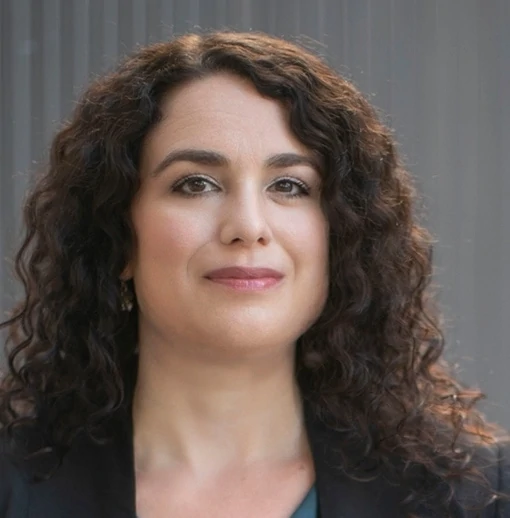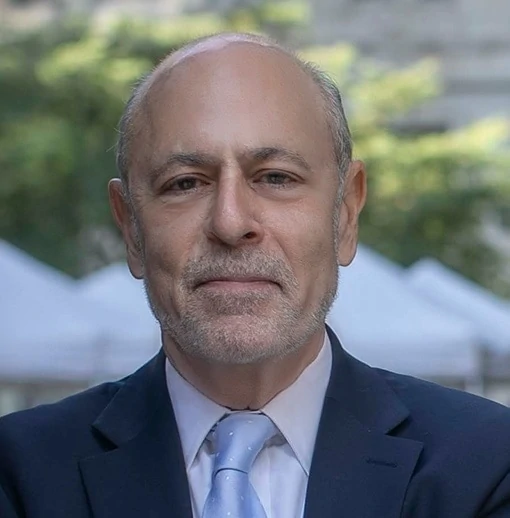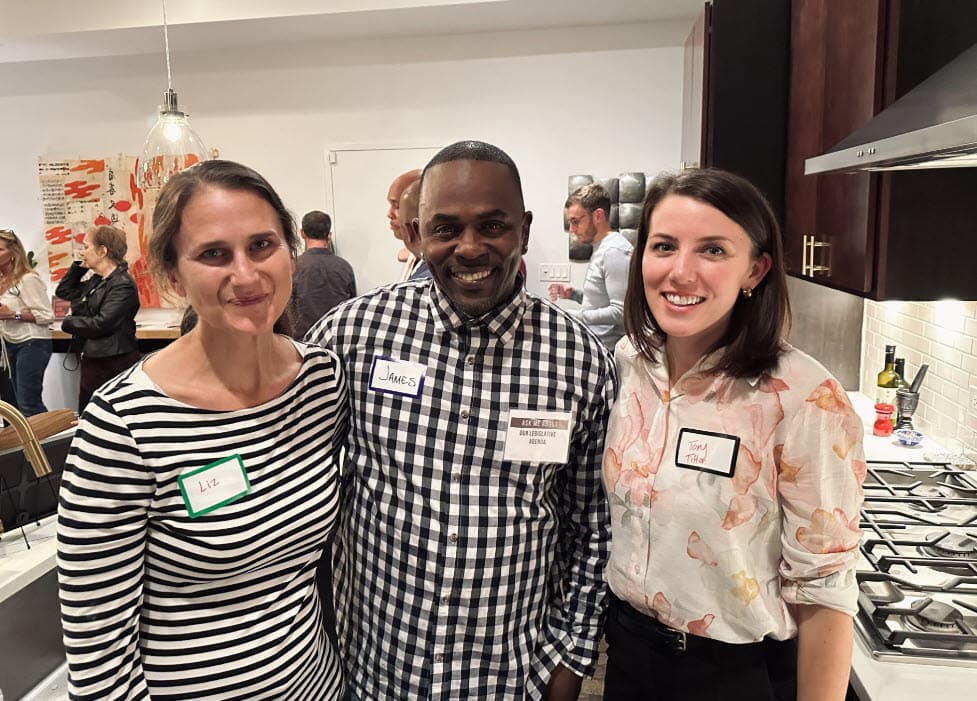Frequently Asked Questions
The federal laws that provide protections from discrimination based upon disability are the Americans with Disabilities Act (“ADA”), Section 504 of the Rehabilitation Act of 1973 (“Section 504”), and Section 1557 of the Patient Protection and Affordable Care Act (“Section 1557”). The ADA prohibits disability-based discrimination in employment (Title I); by state and local governments (including, for example, public schools, colleges and universities; public healthcare facilities; public housing; and public jails, prisons and correctional facilities, among many others) (Title II); and by public accommodations, meaning businesses and facilities that are privately operated, and whose operations affect commerce (Title III). Public accommodations include, for example, places of lodging; restaurants; concert venues and stadiums; hospitals, dental clinics and other health care facilities; and fitness facilities, among many others. Section 504 applies to any recipient of federal financial assistance, which also includes state and local governments and many of the public accommodations identified above. Section 504 does cover businesses and facilities operated by private clubs and religious organizations that receive federal financial assistance. Section 1557 prohibits disability-based discrimination (in addition to discrimination based on race, color, national origin, age or sex) in health insurance marketplaces and healthcare programs or activities that receive federal financial assistance from the U.S. Department of Health and Human Services. This includes, for example, health care systems, hospitals, behavioral health hospitals and facilities, substance abuse clinics, dental clinics, and other health care related facilities that participate in Medicare, Medicaid or any of the Federal health insurance programs. In Illinois, people with disabilities are also protected in many situations by the Illinois Human Rights Act.
Depending on the facts and situation, you may be entitled to injunctive relief, that is, the ability to stop the discriminating party from continuing to discriminate against you or to compel the discriminating party to do certain acts to ensure you are no longer discriminated against. You may also be entitled to compensatory damages, meaning monetary damages based on the proven harm, loss or injury suffered. In addition, you may also be entitled to receive payment for the reasonable amounts of attorney’s fees and expenses associated with enforcing your rights through a lawsuit.
Emotional distress damages are damages attributed to the anger, depression, humiliation, grief, frustration, shame, isolation, loss of sleep, loss of appetite, anxiety, physical illness, stress and other emotional suffering that often accompanies acts of intentional discrimination. As of April 2022, emotional distress damages are not available for disability-based discrimination claims asserted under Section 504 of the Rehabilitation Act of 1973 or Section 1557 of the Patient Protection and Affordable Care Act. The U.S. Supreme Court in Cummings v. Premier Rehabilitation, held that emotional distress damages are not available for claims of disability-based discrimination under those (and certain other) federal statutes. Emotional distress damages may be available for disability-based discrimination under state law, like the Human Rights Act in Illinois.
Yes. We represent persons with disabilities and their families throughout the country and in the U.S. territories. Depending upon the circumstances we often partner with local attorneys to assist with the representation.
Yes. We collaborate with other disability rights and disability advocacy organizations, like centers for independent living, protection and advocacy organizations, and national disability-specific advocacy organizations to address systemic disability-based discrimination affecting their members, across all categories of disabilities. We are often asked to represent those organizations directly.













